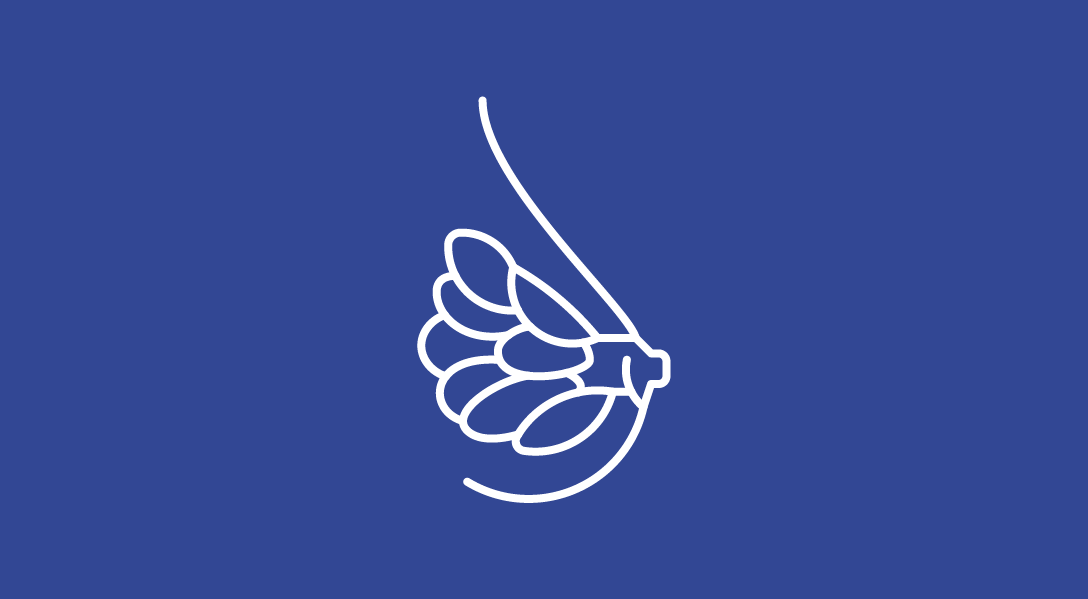Opinion: Beans, Microbes, and Cancer: Illuminating the Microbiome's Response to Dietary Intervention
Consuming navy beans daily as a dietary intervention may contribute to the health of the body's microbiome.
Amanda Brink, DNP, APRN, FNP-BC, AOCNP

The body's gastrointestinal microbiome has captured the attention of many cancer researchers. As the microbiome is influenced by a range of environmental exposures such as dietary factors and medication use, in addition to genetics, researchers are actively exploring ways to manipulate the microbiome to enhance patient outcomes. In a specific study, it was revealed that patients with melanoma who reported adhering to a high-fiber diet, recognized as a prebiotic, demonstrated a more favorable response to immunotherapy with checkpoint inhibitors compared to those who reported following a low-fiber diet.1 This finding highlights the intricate interplay between dietary habits and the microbiome in influencing responses to cancer treatments.
The role of the microbiome in the development of colorectal cancer (CRC) is another area of interest for researchers. The presence of specific bacteria in the microbiome has been linked to the onset of CRC.2 Given that CRC currently ranks as the fourth most commonly diagnosed cancer and the second leading cause of cancer-related deaths in the United States,3 exploring any lifestyle modifications that patients with CRC or those at risk can make to reduce this risk is important.
While beans are inexpensive and easily accessible in the United States, they are not a staple in the diets of many Americans. Daily bean consumption in the United States has been estimated to be uncommon, with less than 5% of surveyed Americans indicating that they eat beans every day.4 Navy beans, in particular, are rich in nutrients that may contribute to improved intestinal health.5
BE GONE Trial
The Beans to Enrich the Gut Microbiome vs Obesity's Negative Effects (BE GONE) study (NCT02843425) was a single-center, low-risk, minimally invasive dietary intervention study.5 Eligible participants were adults aged 30 years or older, classified as obese either by BMI or waist size, and either had a history of pathology-confirmed precancerous polyps of the colon or rectum, or were defined as CRC survivors with completed treatment and adequate maintenance of bowel length. Patients with hemicolectomy or low anterior resection were eligible, while those with total or near-total colectomy were ineligible.
Study participants (n=48) were randomly assigned to start the dry bean intervention or continue their usual diet for 8 weeks. The intervention diet involved adding 1/2 (1 serving) cup of cooked, canned navy beans to their regular diet over a 2-week ramp-up period, followed by 1 cup (2 servings) per day for an additional 6 weeks. At week 8, participants crossed over to either the intervention or resumed their usual diet. Participants underwent stool and fasting blood collections every 4 weeks.
Mild to moderate bloating/flatulence and/or changes in bowel habits (either constipation or loose stool), attributed to the navy bean intervention, were reported in 33% and 10% of patients, respectively. Twelve percent of patients consuming their usual diet also reported changes in bowel habits.
Patients were largely compliant with the navy bean intervention, with 95% of participants meeting the target for the total amount of study beans consumed during the intervention period, and 74% consuming the prescribed bean dose on all or most days within each week.
Findings of this study included increased markers of a healthy gastrointestinal microbiome including the beneficial bacteria Faecalibacterium and Bifidobacterium and a decrease in pathogenic bacteria such Streptococcus, Colinsella, and Ruminococcus torques.
The inverse Simpson index, which is a measure of microbial diversity, increased during the intervention period (95% CI: 0.16, two-sided p = 0.02). No change was observed during the control periods. Interestingly, the patients who reported a change in bowel habits (constipation or loose stool) experienced a pronounced increase in microbial diversity during the 8-week intervention.
Nursing Considerations
Patients with cancer and survivors are often curious about nonpharmacologic measures they can adopt to prevent cancer recurrence or progression, which may include potential dietary modifications. Nurses can educate their patients about the potential benefits of regular bean consumption in CRC survivors and those at risk for CRC.
It was also found in the BE GONE study that once study participants returned to their usual diet after the dietary intervention, the positive effects of eating the beans faded quickly.5 This highlights the need for nurses to educate patients on the importance of maintaining healthy habits in the long term. If it is not sustainable for a patient to eat a cup of beans every day, even consumption every other day would likely be more beneficial than a short intervention period followed by rare bean consumption.
In summary, the BE GONE study illuminates the potential impact of dietary interventions, particularly with navy beans, on the gastrointestinal microbiome. The findings underscore the need for sustainable lifestyle changes, which nurses can provide education on. Recognizing the intricate connection between diet, microbiome health, and cancer prevention opens avenues for further research and improved patient care.
References
- Spencer CN, McQuade JL, Gopalakrishnan V, et al. Dietary fiber and probiotics influence the gut microbiome and melanoma immunotherapy response. Science. 2021;374(6575):1632-1640. doi:10.1126/science.aaz7015
- Rebersek M. Gut microbiome and its role in colorectal cancer. BMC Cancer. 2021;21(1):1325. Published 2021 Dec 11. doi:10.1186/s12885-021-09054-2
- Cancer stat facts: common cancer sites. National Cancer Institute. Accessed January 13, 2024. https://seer.cancer.gov/statfacts/html/common.html
- Perera T, Russo C, Takata Y, Bobe G. Legume Consumption Patterns in US Adults: National Health and Nutrition Examination Survey (NHANES) 2011-2014 and Beans, Lentils, Peas (BLP) 2017 Survey. Nutrients. 2020;12(5):1237. Published 2020 Apr 27. doi:10.3390/nu12051237
- Zhang X, Irajizad E, Hoffman KL, et al. Modulating a prebiotic food source influences inflammation and immune-regulating gut microbes and metabolites: insights from the BE GONE trial. EBioMedicine. 2023;98:104873. doi:10.1016/j.ebiom.2023.104873




